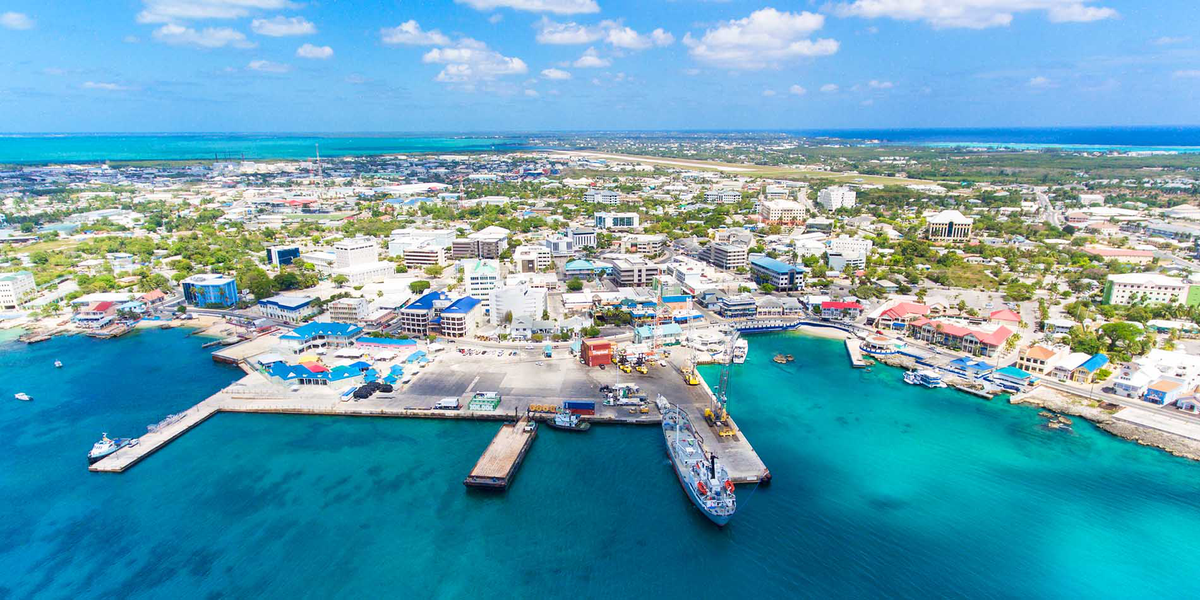Cayman Enterprise City: A Model For English Recovery
A tiny British jewel tucked away in the Caribbean houses more than $7 trillion in deposits and 75% of the world's offshore hedge funds. Its tax-free, easy-visa enterprise zones (like Tech City) have created a billion dollars of wealth since 2012 by courting entrepreneurs. It shows the way home.






